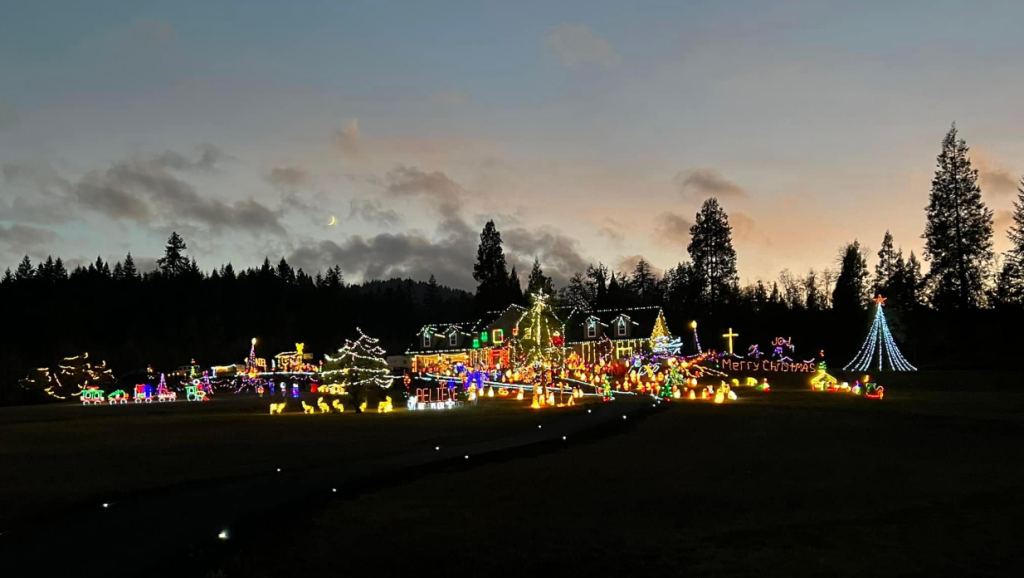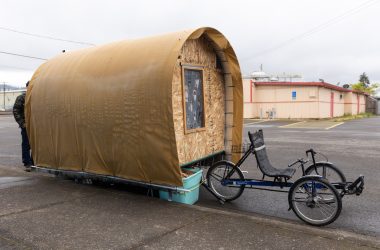By Elyse Grau
Christmas and New Year’s Eve aren’t the only holidays celebrated in December. Here are a few others:
Chanukah (also spelled Hanukkah)
“The Festival of Lights” is a minor holiday in the Jewish religion. It is a commemoration of the successful revolt against the Greeks, who had forbade the practice of Judaism and desecrated the temple. When the victorious Jews looked for the oil to light the menorah for the re-dedication of the temple, they found only enough to provide light for one day. Miraculously, the oil lasted for eight nights.
The lighting of candles in a special menorah during the eight nights of the holiday commemorates this event. The menorah holds nine candles, one for each night and a ninth, usually placed higher than the rest is lit first, then used to light others, beginning with one candle the first night. The next night, two new candles are lit, and so on, adding one each night until all nine are burning.
Kwanzaa
Kwanzaa is a modern holiday, invented by African Studies professor Maulana Karenga in 1966. It is a celebration of Afro-American culture, running from Dec. 26 to Jan.1. The holiday is built around seven principles of African heritage, and rituals are designed around various African harvest festivals.
Symbols displayed include fresh fruits and nuts, corn (also included in holiday feasts), and a candle holder called a kinara, which holds candles in red, black and green – the colors of the Pan-African flag. Originally Kwanzaa was designed to be an alternative to Christmas, but it soon became an adjunct. Observation of this holiday has fallen since its advent.
Omisoka
Omisoka is the most important holiday in Japan. It celebrates the ringing in of the new year. Beginning on the eve of Dec. 31, it lasts four days. Traditional decorations are hung or displayed in the days preceding the holiday. The house is cleaned from top to bottom, and all family members participate.
Rituals are designed to ensure good fortune for the coming year. People will visit shrines, parties are held. Temple bells are rung 108 times, to signify the 108 Bonnou, or vices.









